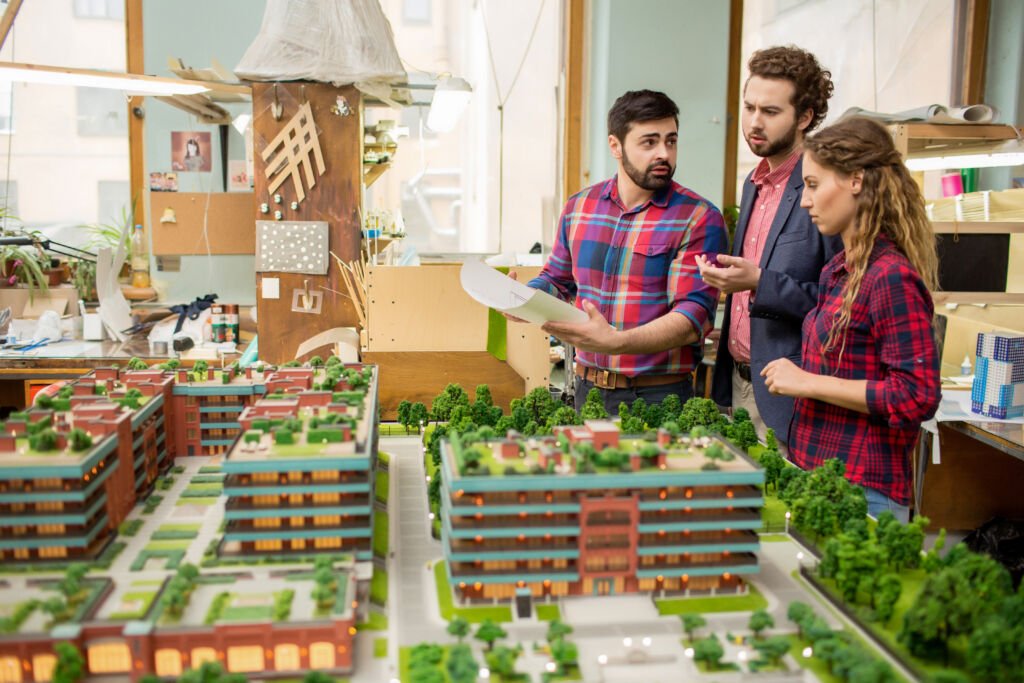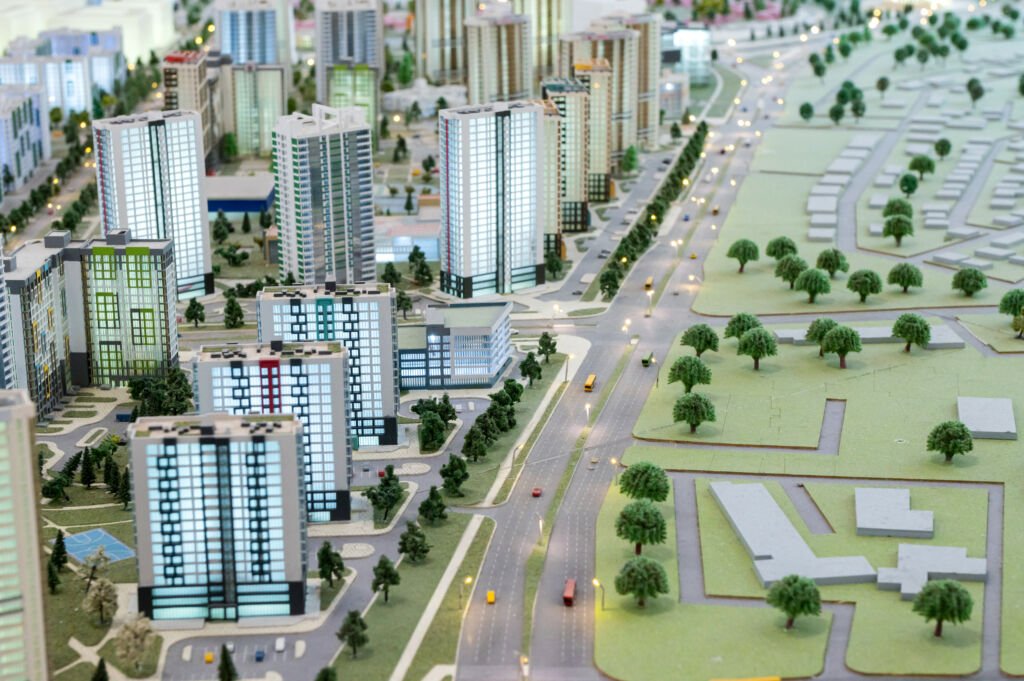“Good urban planning is about creating spaces that foster community, enhance quality of life, and embrace sustainability, ensuring cities thrive for generations to come.”

What Is Urban Planning? A Comprehensive Guide to Its Importance and Impact
Urban planning plays a crucial role in shaping the environments we live in. As cities continue to grow and evolve, understanding what urban planning entails becomes increasingly vital. This blog aims to provide a detailed overview , its key components, its historical context, and its significance in our daily lives.
Understanding Urban Planning
Urban planning is the process of designing and organizing urban spaces to create functional, sustainable, and aesthetically pleasing environments. It involves the strategic arrangement of land use, transportation, housing, and public spaces. Urban planners work to balance the needs of the community with the limitations of the environment, ensuring that cities develop efficiently and responsibly.
Key Components:
- Land Use Planning
One of the primary aspects of it is land use. This involves determining how different areas of a city will be utilized, whether for residential, commercial, industrial, or recreational purposes. Effective land use planning helps prevent overcrowding, promotes accessibility, and enhances overall quality of life. - Transportation Planning
Transportation is another critical component of urban planning. Planners focus on creating efficient transportation systems that connect people to jobs, services, and amenities. This includes designing roads, public transit systems, bike paths, and pedestrian walkways. A well-planned transportation network can significantly reduce traffic congestion and improve air quality. - Environmental Sustainability
With growing concerns about climate change, urban planners are increasingly prioritizing sustainability. This involves integrating green spaces, promoting energy-efficient buildings, and implementing sustainable water management practices. By focusing on environmental sustainability, urban planners aim to create resilient cities that can adapt to changing conditions. - Community Engagement
Effective urban planning requires input from the community. Planners often hold public meetings and workshops to gather feedback and understand the needs and desires of residents. This participatory approach ensures that the planning process is inclusive and reflects the diverse voices within a community.

The Historical Context :
To fully grasp what urban planning means today, it’s essential to look back at its historical development. The concept of this dates back to ancient civilizations, where city layouts were often influenced by cultural and religious beliefs. For example, ancient Rome had a grid-like street system that facilitated trade and movement.
In the 19th and 20th centuries, it evolved significantly due to industrialization and rapid urbanization. Cities face numerous challenges, such as overcrowding, pollution, and inadequate infrastructure. As a response, planners began to adopt more systematic approaches, emphasizing zoning laws and the creation of public spaces.
The Importance of Urban Planning
Understanding what urban planning is highlights its critical role in shaping communities. Here are some reasons why it is essential:
- Quality of Life: Thoughtful urban planning leads to well-designed neighborhoods that enhance residents’ quality of life. Access to parks, schools, and healthcare facilities contributes to a healthy and vibrant community.
- Economic Development: A well-planned urban area can attract businesses and investment. By creating accessible commercial zones and supporting local economies, urban planners help stimulate economic growth.
- Social Equity: It plays a pivotal role in promoting social equity. By ensuring that all community members have access to essential services and amenities, planners work to reduce disparities and foster inclusive environments.
- Resilience and Adaptability: In an era of climate change, it is crucial for building resilient cities. By incorporating sustainable practices and infrastructure, urban planners help communities adapt to environmental challenges.
The Future of Urban Planning
As we look toward the future, the field of urban planning is evolving rapidly. Technological advancements, such as smart city initiatives and data-driven decision-making, are transforming how planners approach their work. Additionally, the emphasis on sustainability and community engagement continues to grow.

CONCLUSION
It is a multifaceted discipline that shapes the built environment and influences the quality of life for urban residents. By understanding its key components and significance, we can appreciate the vital role it plays in creating sustainable, equitable, and vibrant communities. https://seahawkarchplanners.com/

